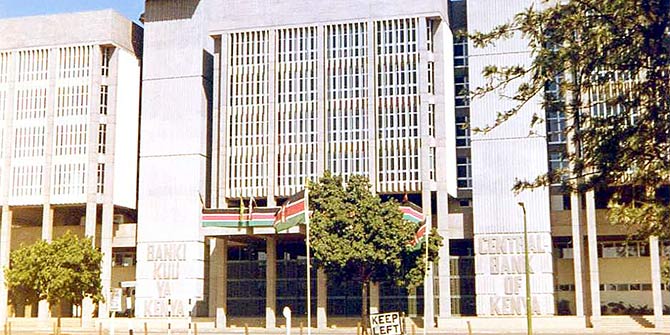For readers interested in really engaging with the historical depth of the conflicts in Sudan and South Sudan, The Root Causes of Sudan’s Civil Wars by Douglas H Johnson should be required reading, says Richard Stupart.
There are few, if any, contemporary historians as well versed in the history of the Sudans as Douglas H. Johnson, and this sixth edition of an already comprehensive history of the region extends what was already an important book for those studying the Sudans. As the political and humanitarian situation in South Sudan continues to deteriorate year after depressing year, and an unrepentant Sudan eagerly hopes to be let in from the cold of international sanctions, this revised edition is a welcome reminder of the history of the two nations. It serves as an outline for the reader of both the extraordinarily fractured nature of the many conflicts in the contemporary Sudans and their deep historical contexts.  Root Causes is an antidote to viewing the countries’ modern antagonisms solely through lenses of tribe, religion or the economics of oil.
Root Causes is an antidote to viewing the countries’ modern antagonisms solely through lenses of tribe, religion or the economics of oil.
The book begins with a background to British rule in the Sudans in 1899, and proceeds chronologically up to the massacres that took place in Juba during December 2013 that marked South Sudan’s de facto fall into civil war. Root Causes is an expansive historical tour of the history of the north-south tension that ultimately fractured Sudan, with admirable attention paid in the latter part of the book to exploring something of the contemporary history of the ‘three areas’ (Abyei, South Kordofan and Blue Nile) that emerged as political splinters from the 2005 Comprehensive Peace Agreement. The agreement that, as the cliché goes, was neither comprehensive, agreed, nor able to produce meaningful peace. While not as thorough in its handling of each of the three areas as, say, Totten & Gryzb’s Conflict in the Nuba Mountains: From Genocide by Attrition to the Contemporary Crisis, links between the three areas and the broader dynamics of the Sudans’ internal politics are well drawn.
The book explores in detail the nationalist politics of Khartoum, and the development of the combination of land dispossession and Islamic nationalism that came to characterise the relationship between Sudan’s centre and its periphery. Yet Douglas – perhaps in the manner of a meticulous historian – refuses to yield to a simple account of conflict in the Sudans that rests on this dynamic alone. Whether through detours into the roles of Uganda and Ethiopia in supporting rebellion, or the career histories of recognisable characters such as John Garang, Salva Kiir or Jafaar Nimairi, Root Causes does not skimp on specific detail when the opportunity presents itself.
As a result, the book will make tough reading for non-academic audiences, compared to, say, Mukash Kapila’s popular-press Against a Tide of Evil. But for readers interested in really engaging with the historical depth of the conflicts in Sudan and South Sudan, Root Causes should be required reading. There’s simply no comparable account of how the forces shaping the contemporary Sudans developed historically.
The root causes of Sudan’s Civil wars. Douglas H Johnson. James Currey. 2016
Richard Stupart (@wheretheroad) is a PhD researcher at the LSE. His primary research interests are media representation and humanitarian response, empathy and duty to distant suffering, and practices of bearing witness in conflict reporting. Richard’s work has included reporting on post conflict recovery in northern Uganda, critiques of humanitarian response, and research periods in South Sudan and the eastern Democratic Republic of Congo.
The views expressed in this post are those of the author and in no way reflect those of the Africa at LSE blog or the London School of Economics and Political Science.






1 Comments